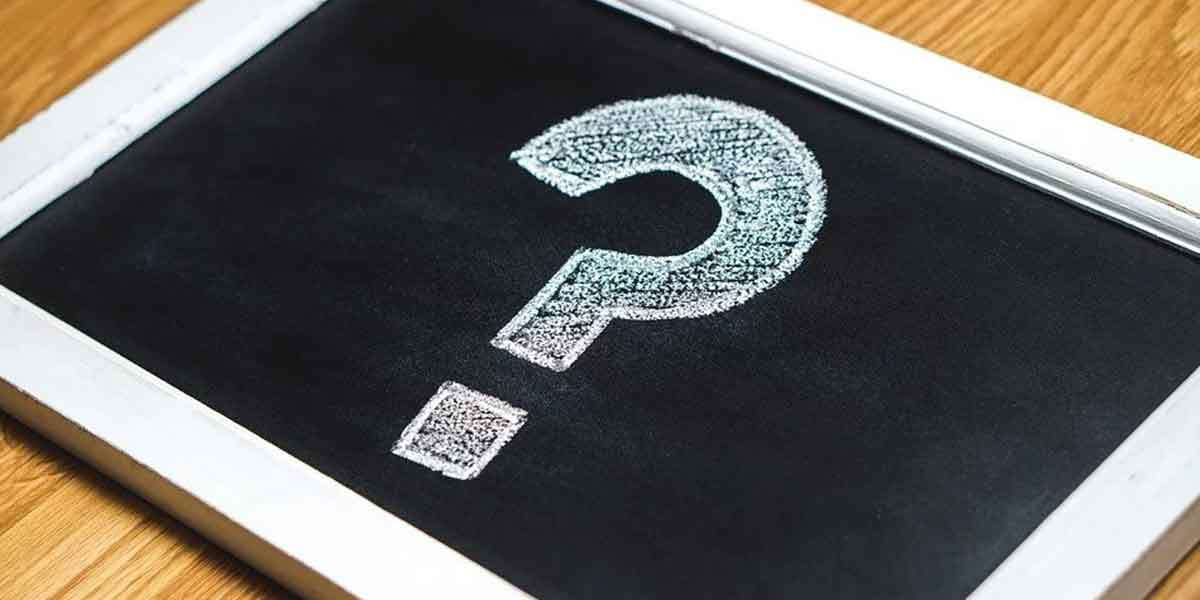The landscape of estate planning in Queens can seem quite intimidating and foreign to somebody who’s never come across it. From basic concepts to legal requirements and fundamentals surrounding wills can be a new territory for them to study and understand.
Naturally, the importance of having a will pushes them to seek answers for questions an estate will lawyer in Queens has on their fingertips. Having the right answers to these queries is impertinent as, without them, people can be easily misguided. Worst case scenario, they can end up creating a will that doesn’t hold up as valid in court proceedings. The result ends up being extended probate hearings, costing money and personal energy of your loved ones.
To help you start on the right foot, here are some of the most common questions a will lawyer in Queens might get about this document that you create to secure your loved ones.

Let’s begin with the most basic one:
What is it?
There is not much rocket science behind understanding what a will is. It is simply a legal document that describes your assets and how you want them distributed among family. In addition to naming beneficiaries and inheritance details, a will can be used to nominate a person to manage the estate and its eventual distribution. Also, you can name a guardian if you’re leaving minor children behind.
Why do I need one?
Any will lawyer in Queens will tell you the importance of estate planning. The reason for their strong pursuit of increasing awareness about wills is the outcomes of not having one. Dying intestate (without a will) your living relatives inherit. In the State of New York, it happens in accordance to the Estates, Powers & Trusts Law Section 4-1.1. If not, it’s transferred to the government.
You also risk the court having to name a guardian for your child (if the other parent is not available. It may not be the person who didn’t really see raising and caring for your child. Ask your will lawyer in Queens for advice on these areas.
Does my family of procreation have to be in the will?
Not really. Under the state and federal law, you are well within your rights to leave an adult out of the will. However, the will can be contested. Children above the age of 18 can challenge the document.
Also, the State of New York allows spouses to claim a portion of the will if they are intentionally disinherited from the will. This protects the spouse and any minor children the deceased leaves behind.
What about probate?
The probate process happens after a person dies, leaving a will containing asset values over a certain amount. Probate determines the validity of the will so it can go into legal effect. Once proven fair, the court authorizes an executor for the will to be distributed.
Are wills challenged?
The short answer to the question is yes. Wills are public documents, meaning anyone can peruse through them at any time while they undergo probate. The challenge has to be on specific, legitimate grounds. The challenger has to prove that the will wasn’t drafted with proper testamentary formalities or that the creator was subject to outside influence, etc.
A will lawyer in Queens can help you fortify the document so it has less likelihood of being challenged in court.
Are amendments in the will possible?
As long as you are alive, competent and thriving, you can make as many changes to your will. You can’t write over the existing executed will. However, your will lawyer in Queens can help you figure out whether you need a codicil to make the amendments or you need a new will entirely.
Does my divorce impact the will?
No, the validity of your will is not likely to be revoked in case of a divorce. Similarly, a marriage or birth of a child not considered during the creation of the will, it won’t change the will until to create a new one.
In case of a separation or divorce, a separation agreement might be required.
Does it have to be in writing?
In order to have your will be considered legal, it needs to be signed. You have to be of sound mind to either create a holographic will that you write in your own handwriting or type it out. Signatures of two witnesses, along with their addresses, should be at the bottom of the document.
The witnesses have to be someone without any interest in the will. They also don’t have to know the details of the document.
Is a will lawyer in Queens necessary?
Wills do seem easy enough for people to create on their own. However, there are certain legal formalities and complex issues that may require a will lawyer in Queens. Their expertise can be essential to provide you guidance.
Where should the will be kept?
In most cases, the original copy of the will is kept at home in a safe place. A fireproof safe is often the choice of storage for important documents. It’s important to keep it that way as without the original copy, the will is of no effect.
The will should also be accessible. You can tell the location to a trustworthy family member and/or your executor. Avoid placing the will in a bank’s safe deposit box as the establishment will restrict access to the deposit box upon your death.
Lastly…
These questions are only the beginning to a hundred more. Instead of relying on second-hand information about these, it’s easier if you consult a will lawyer in Queens. They’ll be able to help you figure out the details of what goes into creating a solid will.






